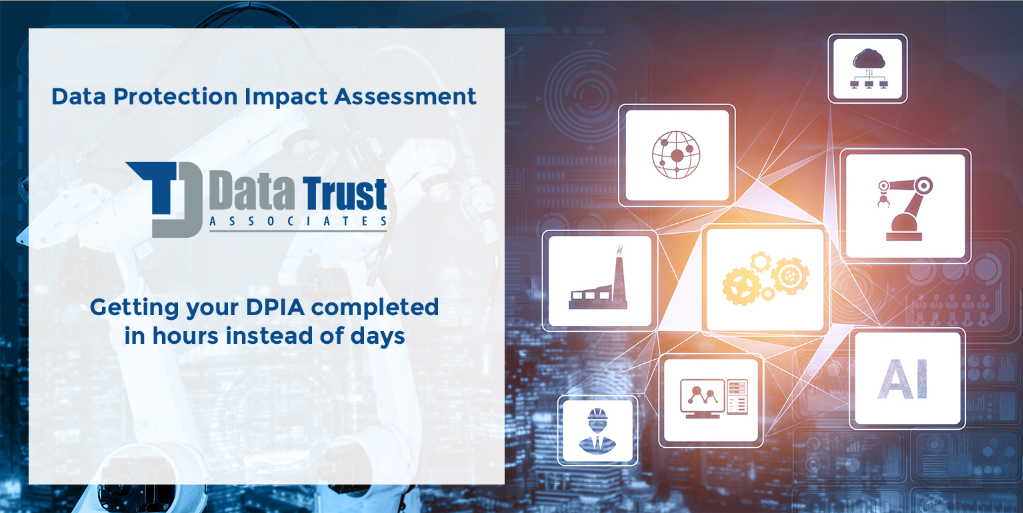Clinical data should be 100% clean and accurate to ensure reliable reporting”.
Many clinical research organizations believe data perfection a requirement. The reality is that achieving perfect quality clinical data is almost impossible.
Yes, you should strive to collect high-quality and statistically sound data, but what do you do if your organization possesses a large amount of ‘unclean’ data?
What if you can’t control this data with the current legacy tools?
What if there is too much data to be cleaned with the limited resources you possess?
When reporting performance and operational metrics to leadership, you need to present an honest reflection of the current ‘health’ of your data.
But the impact of bad data is not just felt amongst senior management, poor quality information causes frustration amongst your team as well.
When the numbers are not accurate, those involved with clinical trials will have to frequently perform wasteful ‘scrap and rework’ activities by repeating tasks hampered by data defects.
Reporting the wrong data reduces the trust of doctors, hospitals and patients, which can put your organization and clinical trial at risk, potentially leading to significant financial loss.
You’re no doubt aware that ‘Effective Clinical Data Management’ is crucial to ensuring accurate data collection, data entry, data validation and reporting in clinical data.
But what does ‘good data management’ look like?
What are the practical steps involved in achieving good data quality with your clinical trials data?
Raising Your (Data) Standards
First, it’s vital to establish and maintain organization-wide data standards and procedures. Standards ensure consistency across all individuals and teams wherever data is created, manipulated or utilized in some way.
Spreading the word
Next, creating awareness of the importance of data quality within your organization is a vital stepping stone towards success. Awareness can be increased throughout campaigns, briefings, roadshows and training of employees (particularly the new hires with less experience).
Creating a framework
Implementing a Data Governance and Data Quality framework in conjunction with your awareness campaign and data standards can be a massive benefit towards the reporting of high-quality data. By combining with your existing procedures, you’ll find it’s easier to gain adoption across the organization.
Data Governance increases the availability, usability, consistency, integrity and security of your data. It helps you establish processes that ensure effective data management throughout the organization. It also provides accountability for the adverse effects of low data quality, ensuring your data can be used safely.
Classifying your data
Combined with Data Governance, we also have Reference Data and Data Classification. These data management fundamentals provide consistent reporting over the many clinical trials you will carry out each year, perhaps in Adverse Events or Protocol Deviations.
Discovering trends and defining the scope
Searching trends within your data is another useful approach for identifying what to focus on and prioritize. For example, if a lot of Protocol Deviations are being reported at a particular site, what are the issues?a
- What is going wrong at that site?
- Can we help to increase protocol knowledge?
- Do we have to change our reference data?
- Are the questions unclear? Do we need to update our database?
It is also essential to focus on the scope of your clinical trial and identify the critical data required for reporting. A lot of your data may not be necessary for reporting so why focus on cleansing that data?
Defining the rules for (data quality) assessment
Once your database is ready, you need to implement efficient Data Quality rules for the collected data. This ensures you have a measure by which you can assess the quality of your data against an agreed standard.
Data Quality Rules provide information such as:
- What are the mandatory and optional fields?
- What are the ranges for important numeric fields?
- Do we expect a Protocol Deviation based on specific answers given?
Your team should document these rules and assessment criteria in a Data Validation Plan that is clear enough to be interpreted and used by everyone on the project.
Get faster with smarter tools
To speed up the process of data validation, we strongly recommend the use of data quality tools. These are relatively easy-to-use solutions for accelerating the Data Quality process across clinical trials and the broader data landscape as required.
The more advanced data quality tools apply Artificial Intelligence and Machine Learning for even greater efficiencies, allowing you to deliver a lower cost, higher quality, and even shorter clinical trials validation process.
In Summary
The demand for clean and accurate data has increased significantly in recent years.
This awareness around the need for better data is keenly felt within clinical trials and across the pharma industry in particular. By applying the techniques outlined in this article, you will be responsible for increasing the overall quality of clinical trials reporting, whilst driving down the cost and duration of data validation.
Initiatives such as data quality and data governance should, therefore, not be perceived as a cost-centre, but as a catalyst for optimization and efficiency.
Better data quality is not something you should do just to remain compliant, it’s also imperative from an operational and commercial perspective.
As you inject these efficiencies into the clinical trials process, senior management start to take notice. They can clearly observe the gains you’re creating and will become a key ally in helping you to spread the adoption of best-practice data management.
Next Steps
Want to adopt more effective data management techniques for better clinical trials outcomes?
Book a discovery call with the author of this article, or register for our client briefing using the links below.
Book a discovery call: jonas.sinnaeve@datatrustassociates.com
Client Briefing: How data quality and data governance improve clinical trials outcomes.



